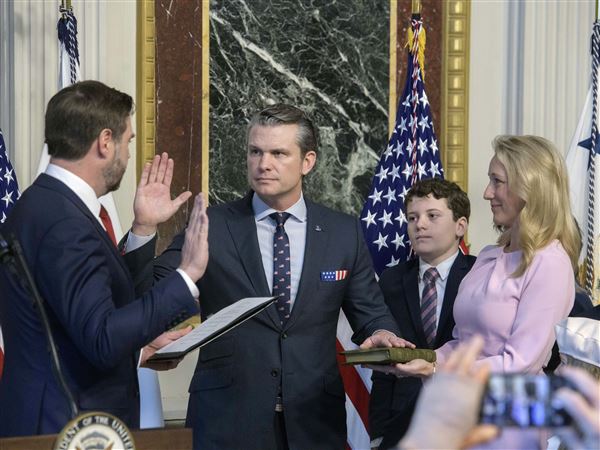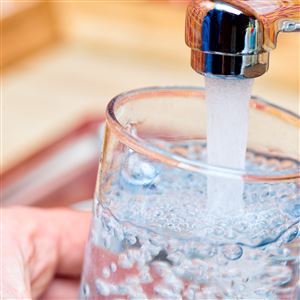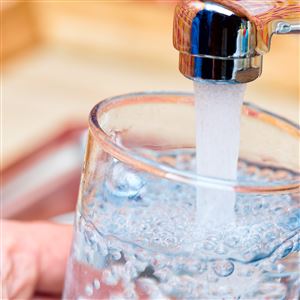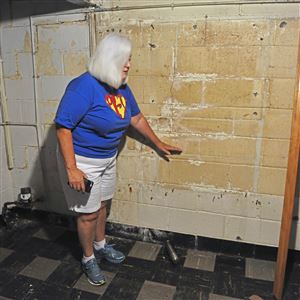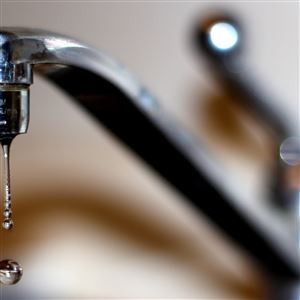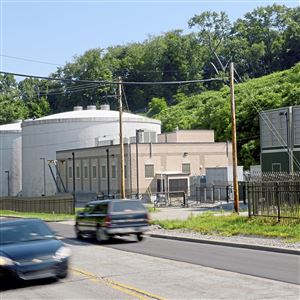Findings improved in the latest residential lead tests under the Pittsburgh Water and Sewer Authority, the utility said Wednesday.
Routine tests gauge lead in tap water at homes with contamination risks, such as lead service lines. Several dozen homes typically participate in the checks, conducted every six months.
In the most recent round, 90 percent of 106 samples taken last month — or the 90th percentile — showed lead at 10 parts per billion or less. That’s down from results for December, when 90 percent of samples showed lead at 21 ppb or less. It’s also the lowest lead showing at the 90th percentile in eight years, according to PWSA.
“Over the past six months, we’ve more effectively managed the treatment plant to stabilize water quality parameters like chlorine levels,” authority spokesman Will Pickering said in a statement. “A more stable water quality may have had an impact on our latest round of tests.”
Elevated test results in 2016 led state environmental regulators to mandate a replacement program for PWSA’s lead service lines. The authority must replace at least 7 percent of the lines each year until 90 percent of test results show 15 ppb — or less — for two consecutive rounds.
PWSA officials have pledged to continue lead line removals even if test results remain below the threshold. The compliance findings are highly variable, authority Executive Director Robert Weimar said in a statement.
By the fall, PWSA plans to introduce a different water additive — orthophosphate — to better prevent lead lines and other pipes from leaching the metal, a neurotoxin, into tap water. PWSA is awaiting state approval on a construction permit for the effort.
Roughly 12,500 of some 71,000 residential service connections contain lead, according to PWSA estimates. A service line connects each building’s indoor plumbing to a water main beneath the street. Details on lead test kits, filters and other offerings through PWSA are available here.
Researchers and regulators have said there’s no known safe level of lead exposure.
Adam Smeltz: 412-263-2625, asmeltz@post-gazette.com, @asmeltz.
First Published: July 25, 2018, 10:21 p.m.



